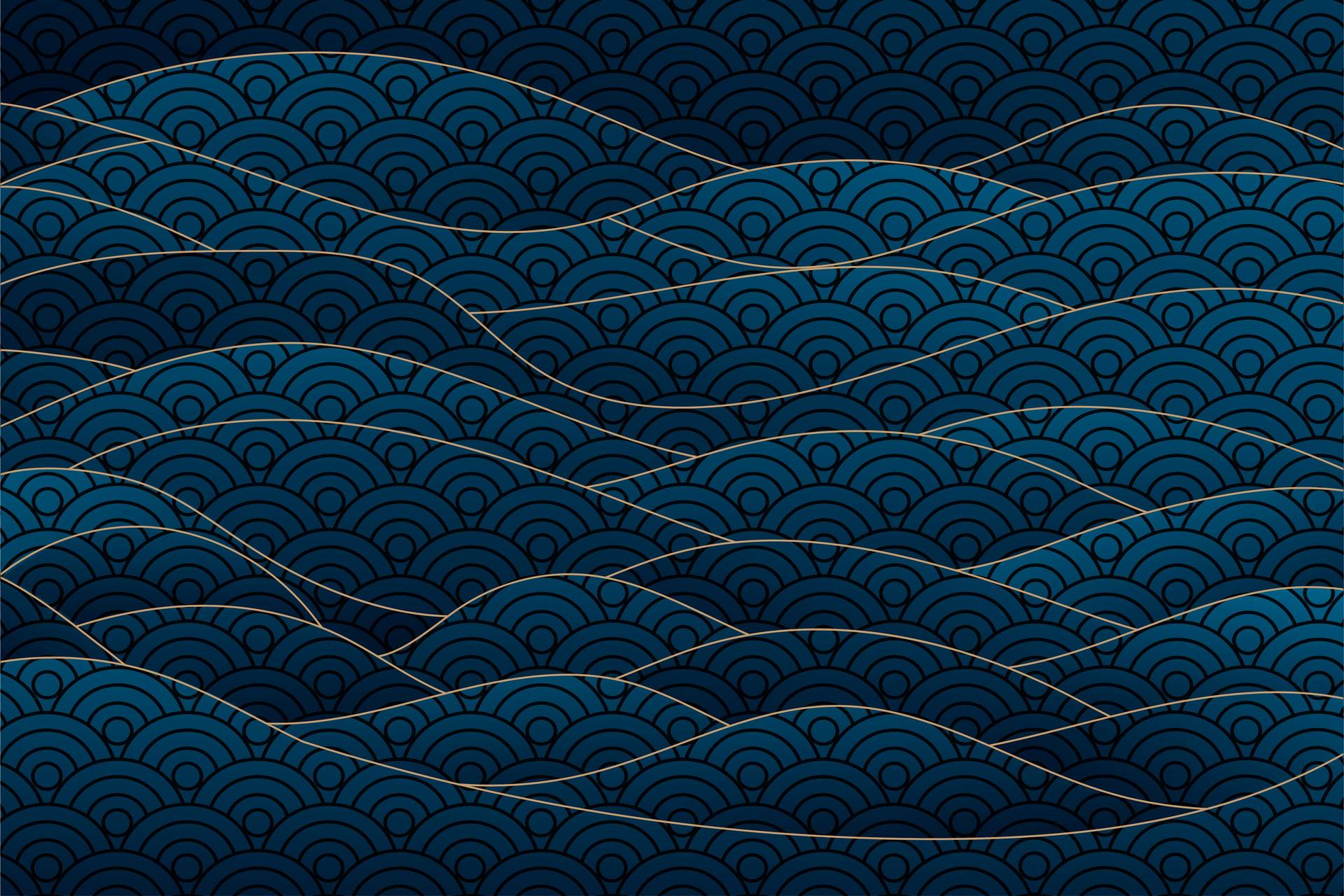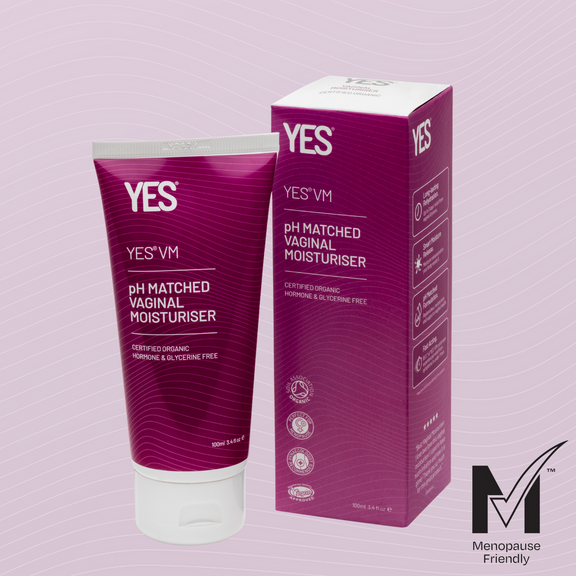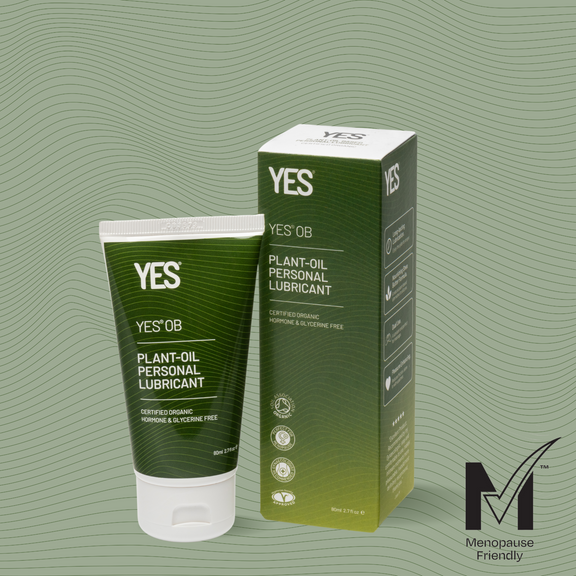Vulvodynia
What is vulvodynia?
Vulvodynia is a condition that refers to pain or soreness in the vulval area which is not attributable to an infection. The sensation is often one of burning and is caused by extreme sensitivity of the nerve fibres in the vulval area.
Causes & Symptoms of vulvodynia
Vulvodynia usually manifests itself following a problem with the nerves supplying the vulva, but its exact causes are unknown. The possible triggers for vulvodynia include damage due to surgery or childbirth, trapped nerves or previous severe vaginal thrush. Vulvodynia is not an infection and therefore is not contagious.
Vulvodynia’s symptoms are generally continuous – if they are provoked only by touch (sexual intercourse, tampon use) then the condition is commonly referred to as vestibulodynia. Many women present symptoms that overlap between the two conditions. Any form of vaginal penetration can be painful for those with vulvodynia and for some women, the continuous pain even makes it difficult to sit down. These symptoms can be very distressing and affect relationships, sex drive and even cause depression.
If you are unsure whether you have vulvodynia or would just like to find out more about the condition, then we recommend you check out the Vulval Pain Society.
Vulvodynia shouldn’t be confused with vaginismus which is caused by the involuntary tightening of muscles as opposed to a skin irritation.
How to treat vulvodynia
There are various treatments available to help relieve a sore vagina caused by vulvodynia:
- Lubricant – Applying an intimate lubricant or vaginal moisturiser can help to soothe the painful area and relieve the symptoms of vulvodynia.
- Medication – Your doctor might prescribe antidepressants or anti-epilepsy medicines to relieve the pain. However, conventional painkillers such as Paracetamol are not effective in treating vulvodynia.
- Physiotherapy – A physiotherapist can help you relax with pelvic floor exercises that can help to ease the symptoms of vulvodynia.
- Therapy – Cognitive Behavioural Therapy otherwise known as CBT can help you to cope with the impact of the condition on your life in general as well as your sexual life and relationship.
- Surgery – In extremely rare cases, you might be able to get surgery to remove part of the vulva. However, this is not always effective and therefore is not usually recommended.
Using YES® lubricant to relieve vulvodynia
YES® WB water-based lubricant is the natural choice of lubricant and vaginal moisturiser for women who experience vulvodynia. YES® is guaranteed pure, certified organic and contains no potentially harmful chemical ingredients or any known skin irritants. YES® water-based is a dual purpose intimate lubricant and vaginal moisturiser that is safe and suitable for use topically (both internally and externally) to soothe the burning associated with vulvodynia. As a sexual lubricant, YES® protects and rehydrates delicate, intimate tissues. YES® is safe for use with silicone vaginal dilators and sex toys as well as natural rubber latex and polyisoprene condoms.



